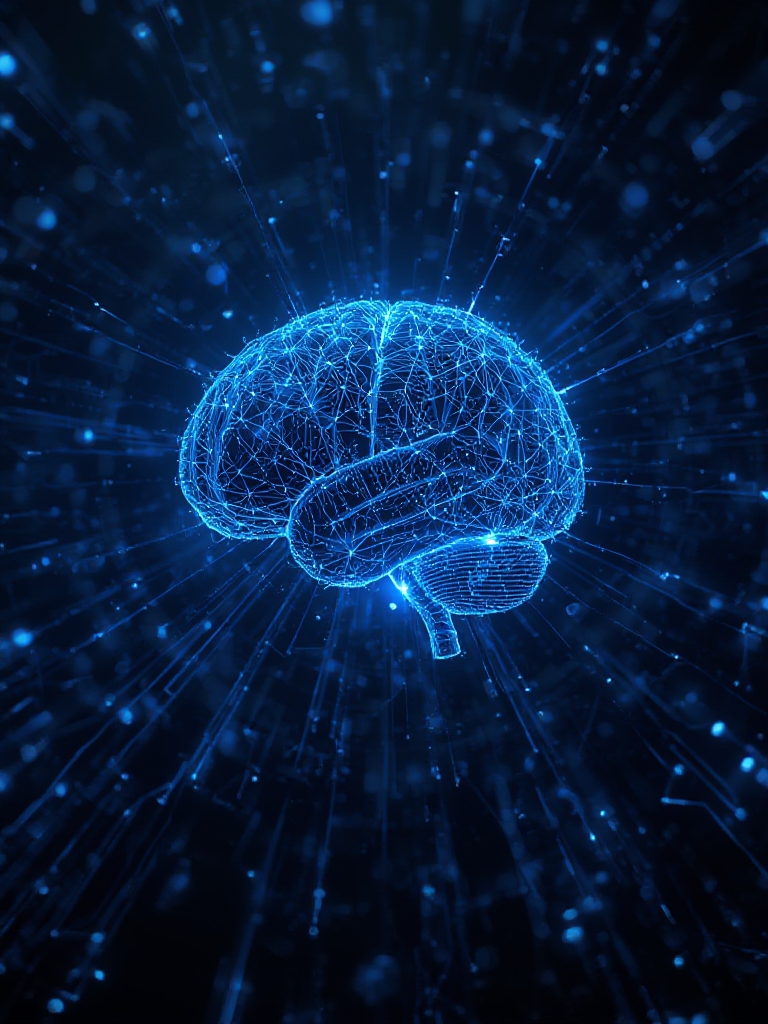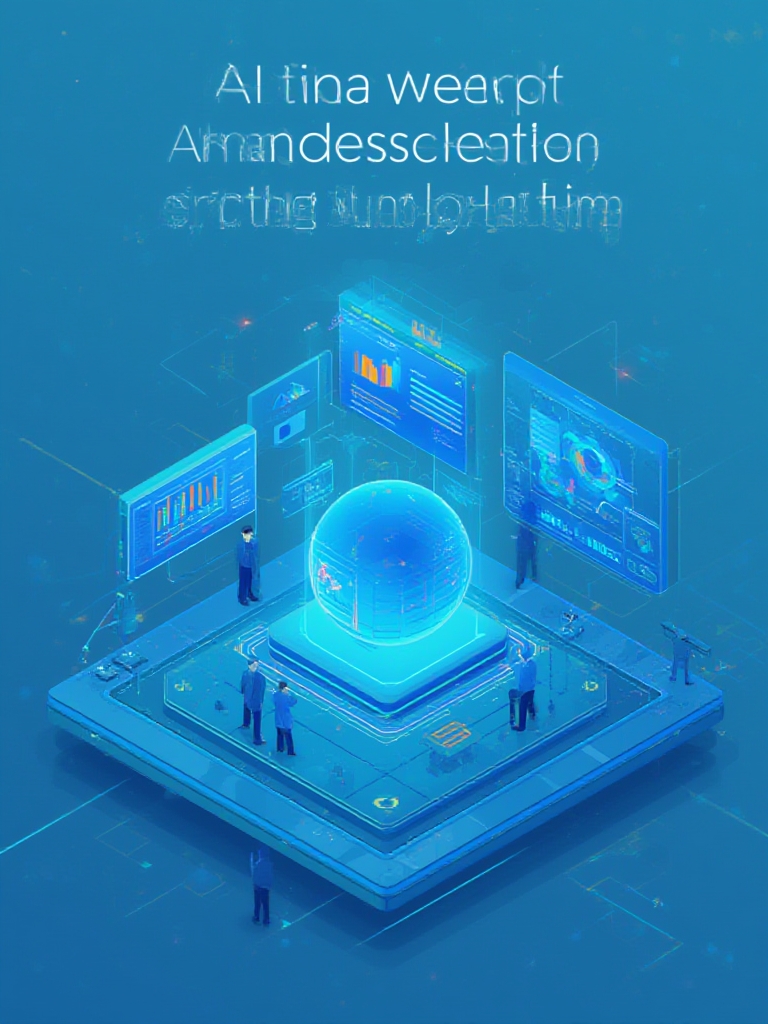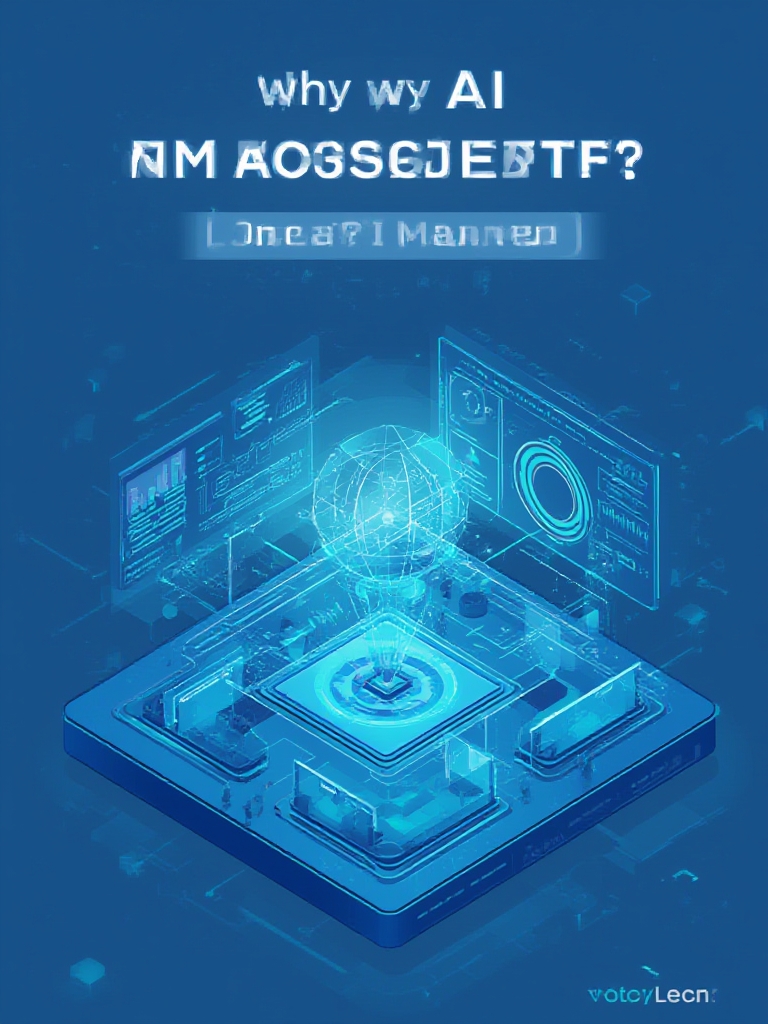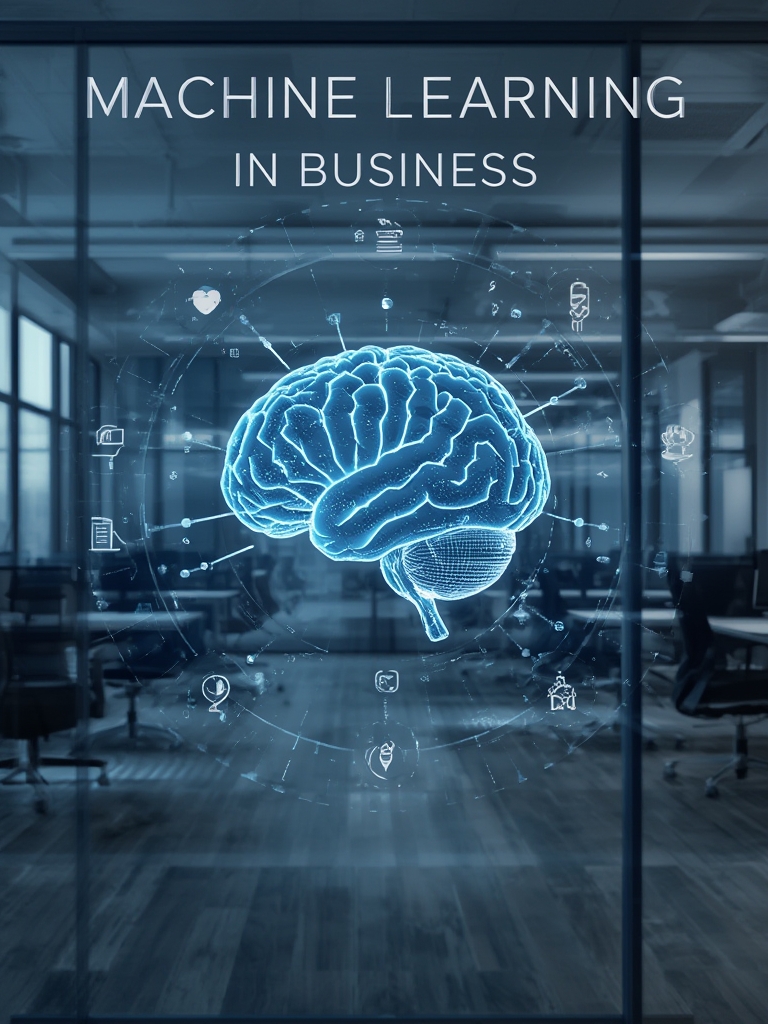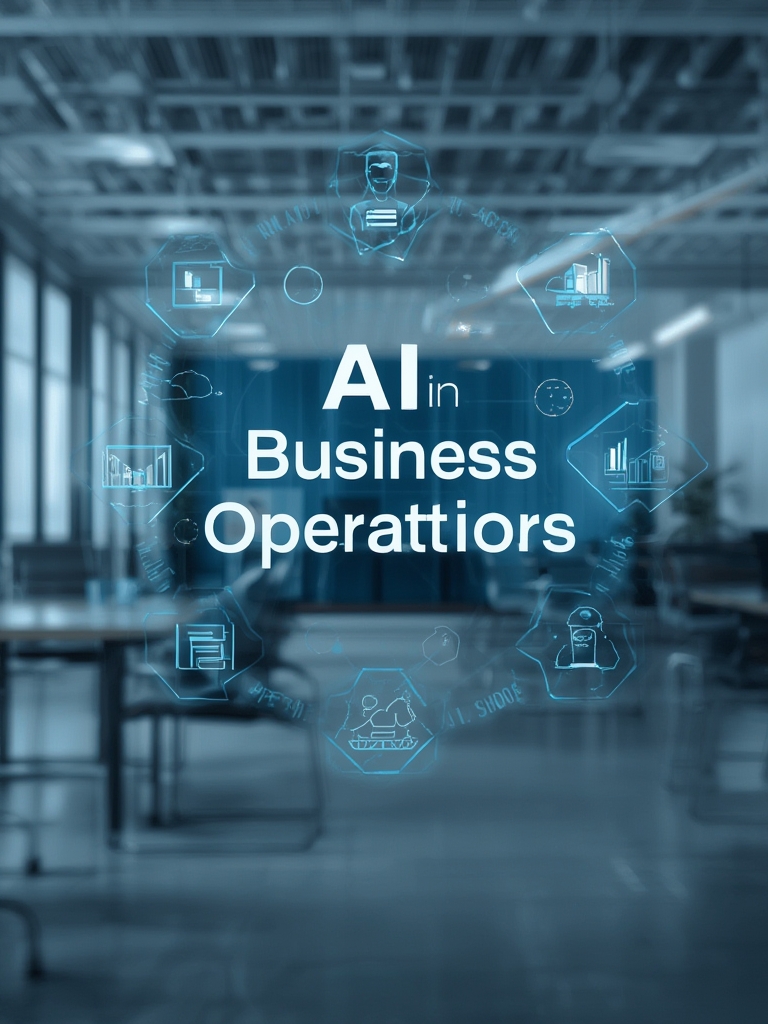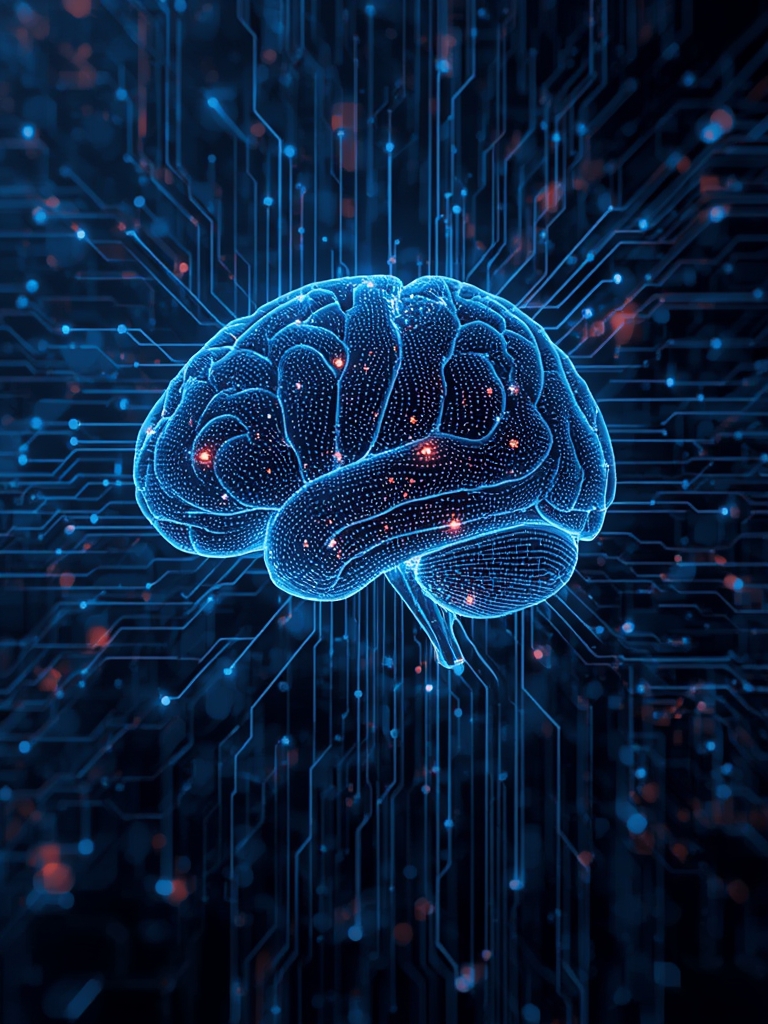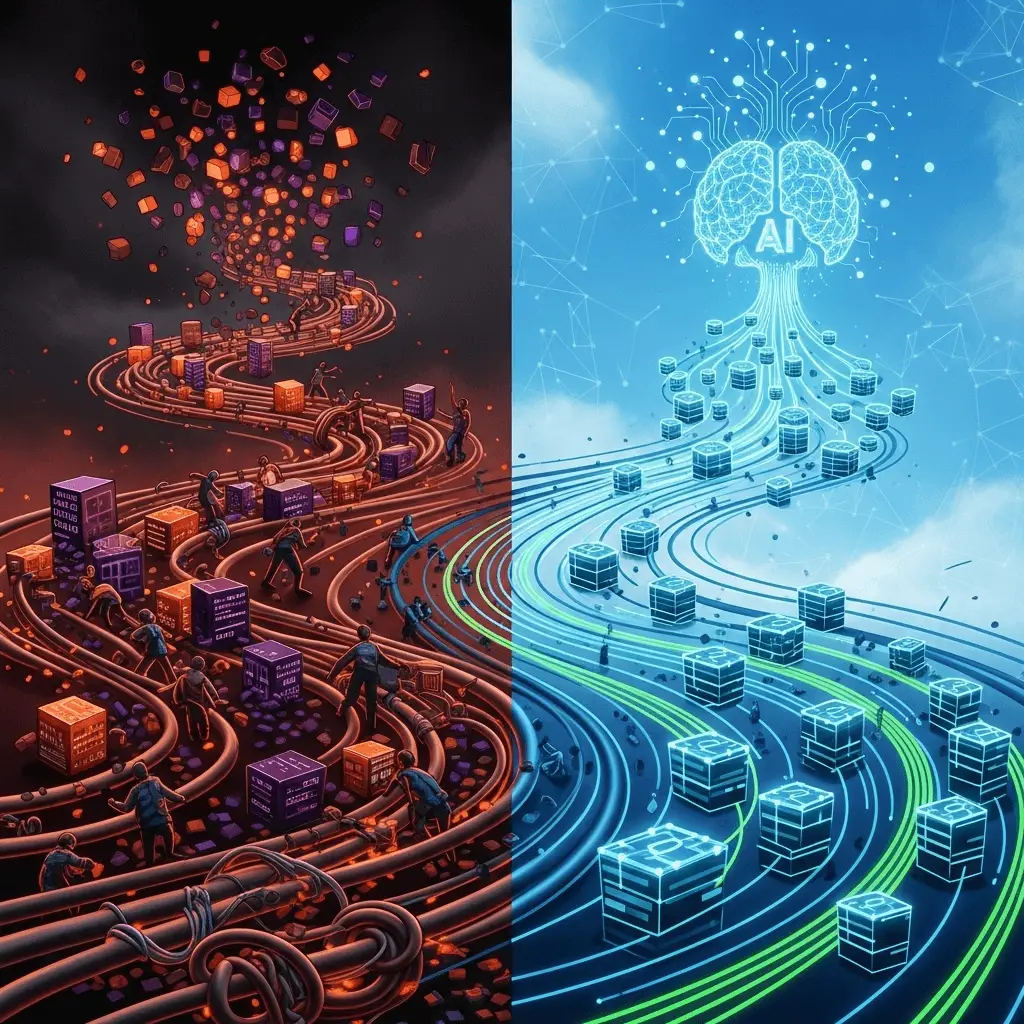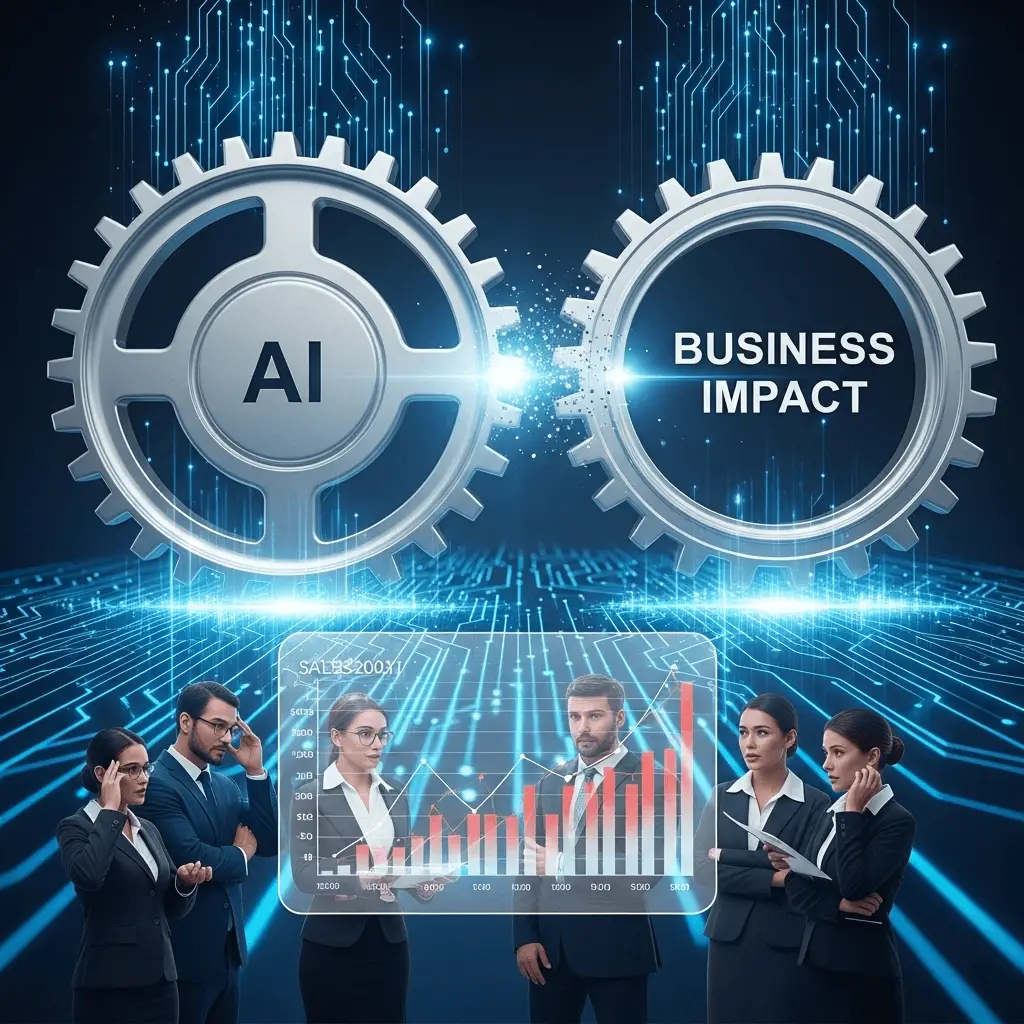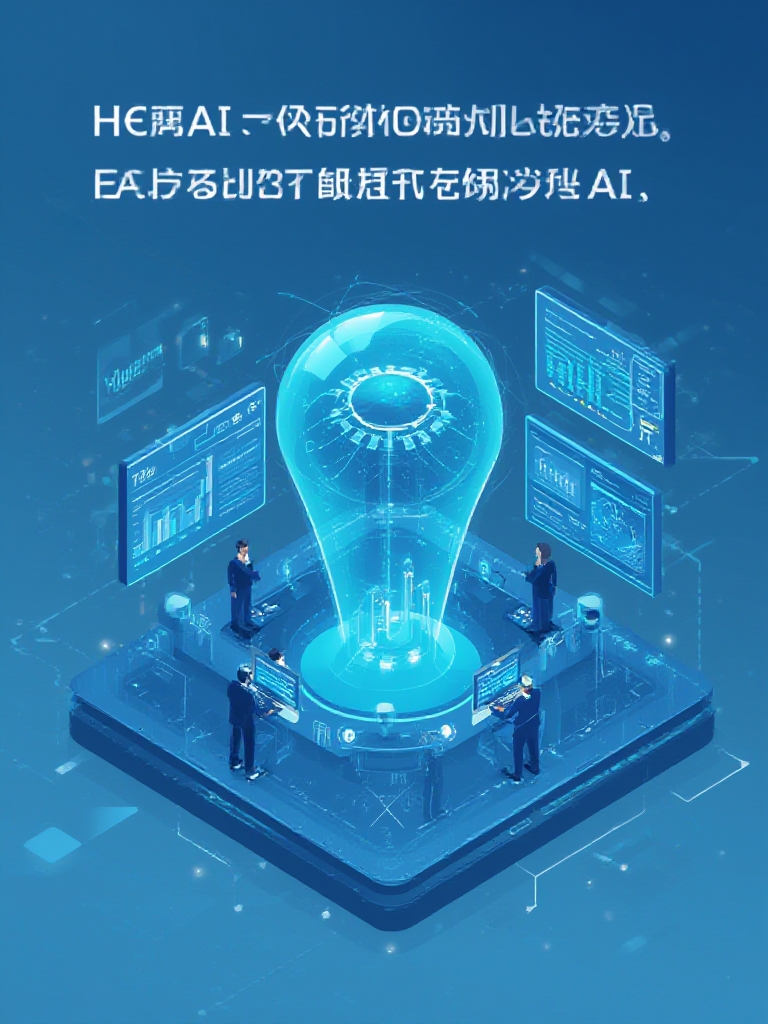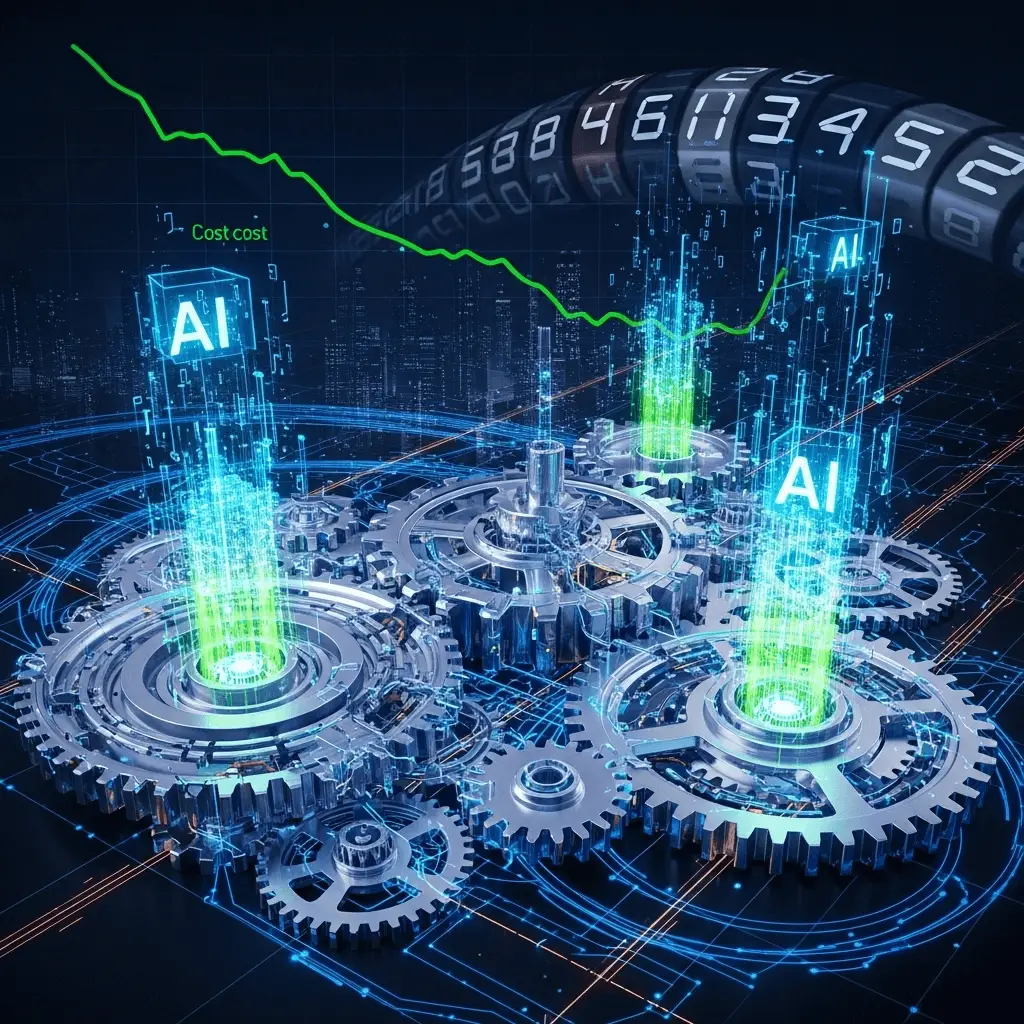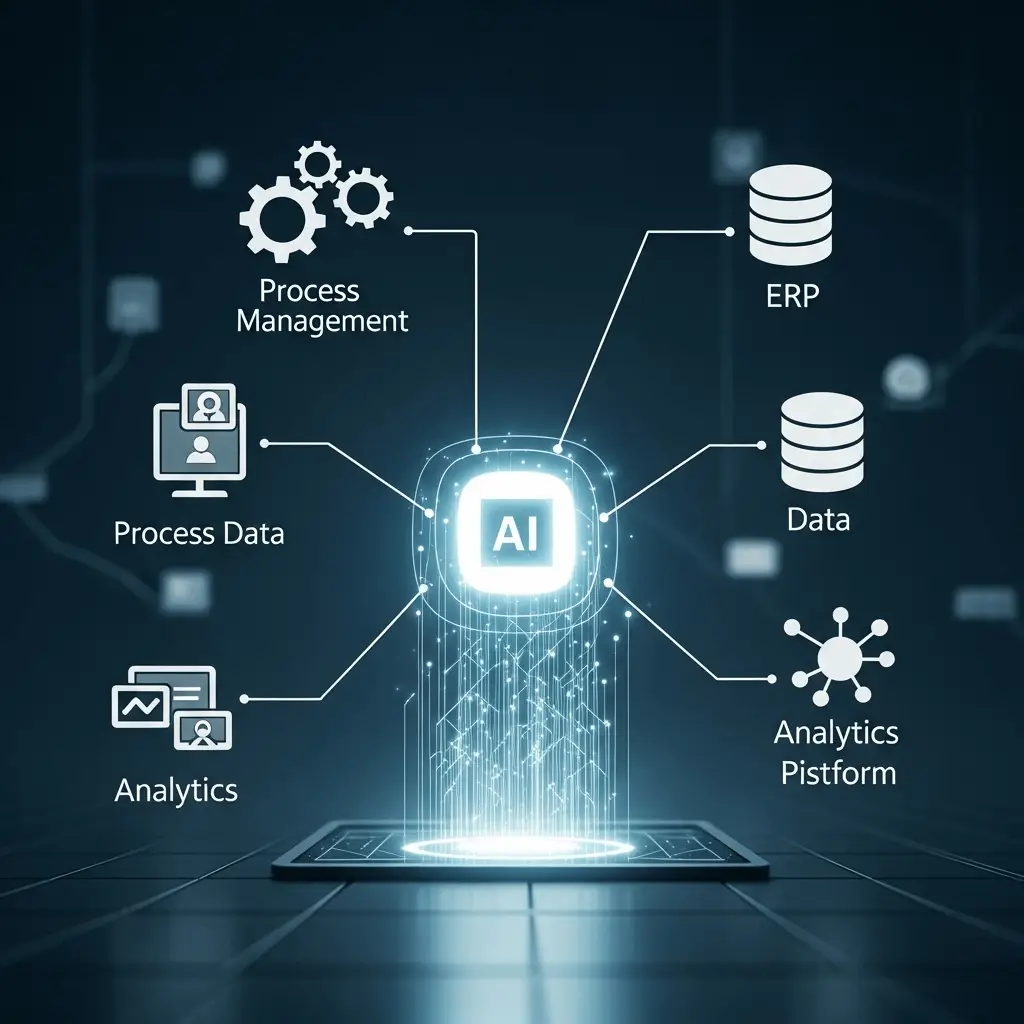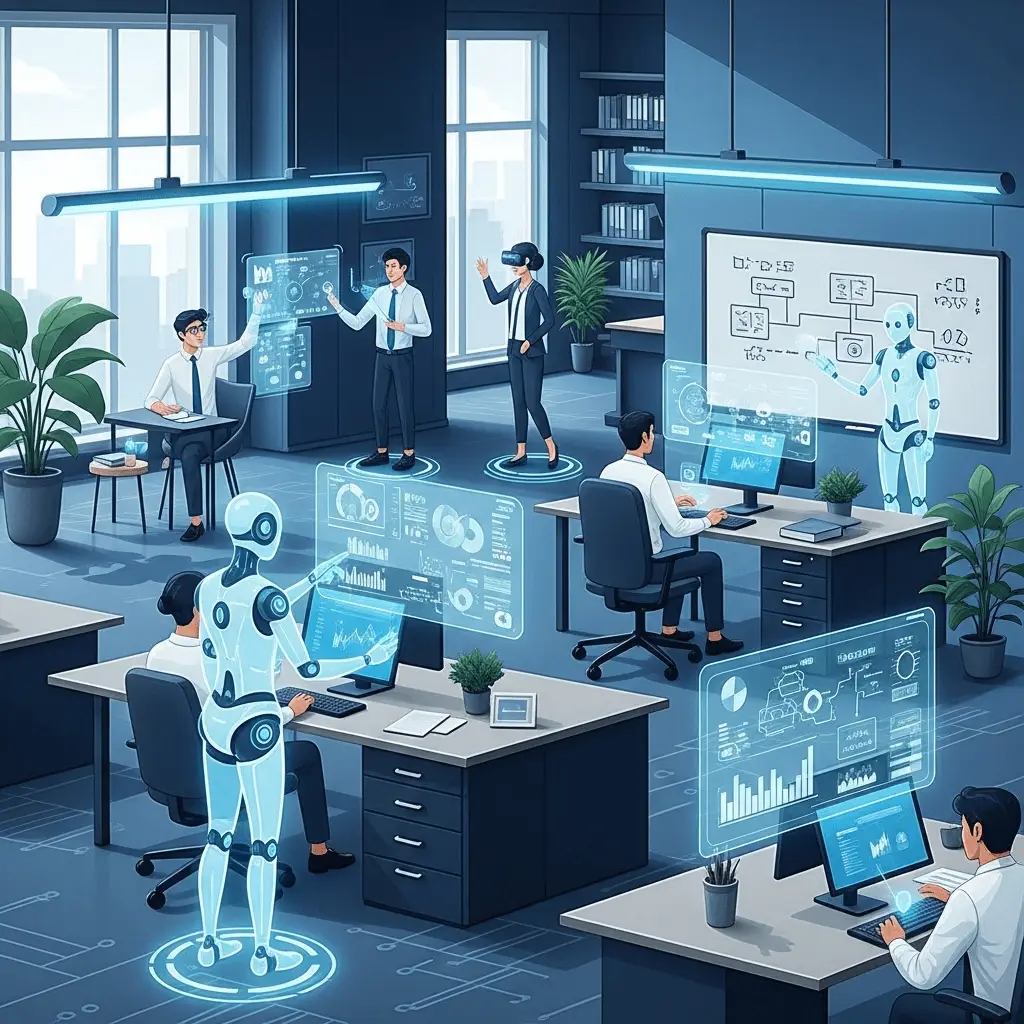Unlocking Enterprise Potential: Navigating Complex Integration in AI Agent Development

The Rise of Intelligent AI Agents in the Enterprise
In today’s fast-paced digital landscape, Artificial Intelligence (AI) is no longer a futuristic concept but a vital engine driving business transformation. Among its most promising applications are AI agents – autonomous software entities designed to perform tasks, make decisions, and interact with environments intelligently. From automating customer service to optimizing supply chains, AI agents promise unprecedented levels of efficiency, productivity, and innovation.
However, realizing the full potential of these intelligent systems isn’t always straightforward. Developing and deploying AI agents, especially for first-time projects, comes with its unique set of challenges that can delay timelines and inflate costs if not properly managed.
Why AI Agents Are a Game-Changer for Your Business
Before diving into the complexities, it’s essential to understand the immense value AI agents bring:
- Automation at Scale: Automate repetitive and complex tasks, freeing human employees for strategic work.
- Enhanced Decision-Making: Process vast amounts of data to provide insights and make data-driven decisions.
- Improved Customer Experience: Deliver personalized and instant support around the clock.
- Operational Efficiency: Streamline workflows, reduce errors, and optimize resource allocation.
- Scalability: Easily scale operations to meet fluctuating demands without proportional increases in human resources.
Navigating the Hurdles: Key Challenges in AI Agent Development
While the benefits are clear, several critical challenges often emerge during AI agent development. Addressing these head-on is crucial for a successful implementation.
1. Complex Integration Requirements
One of the most significant hurdles businesses face is ensuring seamless integration. AI agents are rarely standalone applications; they thrive when connected to your existing enterprise ecosystem. This means they often need to connect with vital systems such as:
- CRM (Customer Relationship Management) systems for customer data and interaction history.
- ERP (Enterprise Resource Planning) platforms for operational data, finance, and supply chain management.
- Legacy Systems: Older, proprietary systems that might lack modern APIs.
- Data Warehouses and Analytics Tools: For drawing insights and feeding back processed information.
The complexity of integrating diverse systems, each with its own APIs, data formats, and security protocols, requires specialized expertise. Poor integration can lead to data silos, inefficient workflows, and a failure to extract maximum value from your AI investment.
2. Avoiding Common Mistakes That Delay Projects
Many organizations embarking on their first AI agent project stumble into predictable pitfalls. These common mistakes can significantly delay first-time projects and sometimes even lead to outright failure. They often include:
- Scope Creep: An expanding project scope without proper management.
- Lack of Clear Objectives: Starting development without a precise understanding of the problem the AI agent needs to solve.
- Insufficient Data Quality: AI agents are only as good as the data they’re trained on. Poor quality or insufficient data leads to poor performance.
- Ignoring Scalability: Building a solution that works for a small pilot but can’t handle enterprise-level demands.
- Overlooking Security: Neglecting robust security measures for sensitive enterprise data.
Experienced AI development services often bring methodologies and best practices designed to proactively identify and mitigate these risks, ensuring a smoother, more predictable development journey.
3. Data Governance and Ethical Considerations
Beyond technical integration, managing the lifecycle of data used by AI agents is critical. This includes data privacy, compliance with regulations (like GDPR or CCPA), and ensuring the AI agents operate ethically. Bias in AI, lack of transparency, and accountability are increasingly important concerns that must be addressed through careful design and continuous monitoring.
Partnering for Success in AI Agent Development
Given these complexities, many businesses find immense value in partnering with expert AI agent development services. These specialists offer:
- Deep Technical Expertise: Navigating complex integrations, API development, and data architecture.
- Strategic Planning: Defining clear objectives, managing scope, and ensuring alignment with business goals.
- Best Practices: Implementing robust development methodologies to avoid common pitfalls and ensure project success.
- Scalable Solutions: Designing future-proof AI agents that can evolve with your business needs.
- Risk Mitigation: Proactively addressing data quality, security, and ethical considerations.
The Future is Autonomous, Intelligent, and Integrated
AI agents are poised to redefine how businesses operate, offering a competitive edge through intelligent automation. While the path to successful deployment involves navigating intricate challenges like complex system integration and avoiding common development mistakes, with the right strategy and expertise, your enterprise can harness the full power of these transformative technologies. Embrace the future by ensuring your AI agents are not just intelligent, but also seamlessly integrated and robustly developed.


